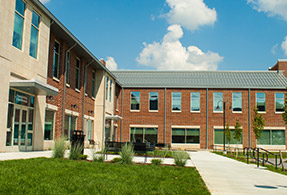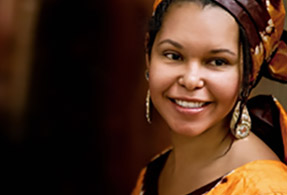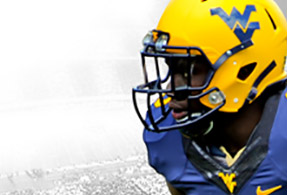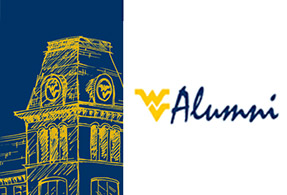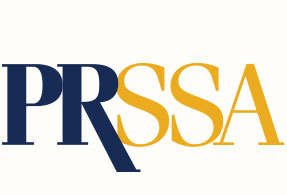At Stroudsburg High School, Owens captained the team to an 11-0 record his senior
year. He gained over 2,200 yards and scored 42 touchdowns, including six in one
game. He had a 10.0 average per carry and was selected as All-American, All-State,
All-Big 33, All-Lehigh Valley and All-Eastern Pennsylvania. In the Big 33 game
his senior year, Owens led the Pennsylvania All-Stars to a 27-22 win over the Ohio
All-Stars with two scores and an exciting 60-yard dash to set up another.
Owens was the only freshman to letter with the varsity team his freshman year at WVU. He gained 72 yards on 13 carries and scored one touchdown against VMI. He also returned 13 kickoffs for 349 yards and brought one kickoff back 85 yards in the Stanford game and was stopped inches short of the goal. He also returned another kickoff 65 yards against Pitt. The following spring, he earned the staring role for his sophomore year by being named the most valuable offensive player in the Gold-Blue games. He had gained 80 yards on 17 carries in the first intra-squad game and scored on a 33-yard run. The final game he gained 172 yards on 23 carries and scored twice. One of those tallies was a 61-yard run from scrimmage.
His sophomore, year Owens was the second-leading rusher with 391 yards on 70 carries and three touchdowns with a 5.6 yards-per-carry average. He was also the leading kickoff return man with 259 yards on 12 returns. He scored on a 95-yard kickoff return against Penn State after taking a reverse from teammate Danny Buggs. This return was the second-longest in school history. He had his best game against Virginia, when he picked up 136 yards in a little more than one quarter. The coaches considered his 49-yard TD run in that game to be the best individual record of the season.
Going into his junior year, he was slated as the number three running tailback behind Dwayne Woods and Ron Lee, but when Woods was injured against Richmond, Owens responded with 90 yards on 14 carries that game. The following week, he started against Kentucky and led all rushers with 100 yards in only seven attempts. For the remaining nine weeks, Owens exceeded the 100-yard mark five more times which helped him to make the ECAC weekly all-star team six times. He also led the team in kick off returns as he brought back 13 kicks for 301 yards at 23.2 yard average. When the final NCAA statistics were released this three year, Owens was listed as one of the top 20 rushers and all-purpose runners in the nation. Owens nearly set a new varsity record for most yardage in a season with his 1,130 yards but fell only 25 yards short of Bob Gresham's 1,155. He also had a shot at Gresham's career rushing mark. Owens tallied 1,593 yards compared to Gresham's 2,181-just 588 yards shy. However, all of his good qualities were not shown in his stats/ He was a team player and respected by his fellow teammates. As evidence of that respect he was elected one of three permanent tri-captains his senior year.
In 1974, Owen was All-East Offensive Second Team. He was the 1975
Sports Illustrated
back of the week after his 171-yard performance against SMU. In addition, he was
the Ira E. Rogers Award winner after his 174 carries, 6.5 yards-per-carry average,
and 42 points scored during the 75 season. His 3,791 all-purpose yards, 2648 rushing
yards, 13-100 yard games, 6.6 ypc average are all WVU records. His 1,122 kickoff
return yards and 23.4 return average rank him second and fourth all-time at WVU,
respectively.
He was selected by the San Diego Chargers in 1976 with a fourth round pick and was fifth in the NFL that year with a 26.2 average kickoff return. His longest return of 77 yards was the team's second-longest in history. At the end of the season, he was named the Special Teams MVP. Also, he still holds a Chargers record with all purpose running yards, gaining 999 in kickoffs alone. He played with the Bills and Patriots, as well as the USFL Philly Stars over the course of his professional football career.
